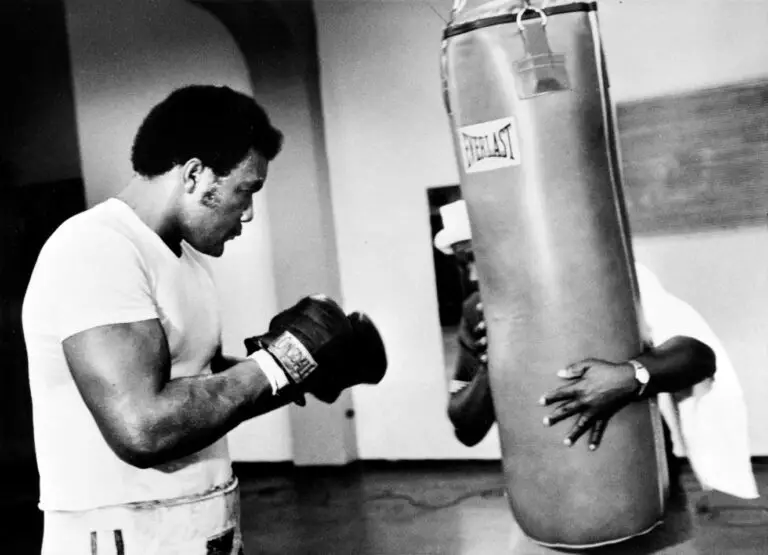The passing of boxing icon George Foreman at 76 has reignited reflection on a defining moment in sports history—one that unfolded far from the glittering arenas of Las Vegas or New York, but on Caribbean soil, right at the heart of Kingston, Jamaica.
It was January 22, 1973, when a towering, relatively underestimated Foreman stepped into the ring at Jamaica’s National Stadium to face Joe Frazier, then the reigning heavyweight king and a global icon. Foreman, unbeaten yet largely untested at the elite level, entered the ring with 37 wins, 34 by knockout—but the odds, the analysts, and the aura all favored Frazier.
What followed was nothing short of seismic.
In a display of raw power and relentless pressure, Foreman demolished Frazier in just two rounds. Six knockdowns in under six minutes—each one more devastating than the last—turned the tide of heavyweight boxing and etched Foreman’s name into legend.
The “Sunshine Showdown,” as it was later dubbed, wasn’t just a major sporting event—it was a cultural milestone. It placed Jamaica on the global sporting map and brought international attention to the island. Legendary American broadcaster Howard Cosell’s now-iconic refrain, “Down goes Frazier! Down goes Frazier!” echoed across airwaves and would forever be linked with Jamaica’s historic night.
Behind the scenes, the staging of the bout had its own dramatic undertones. Just a month into office, Prime Minister Michael Manley was initially hesitant to greenlight the event, concerned about costs. But with backing from the private sector and leadership from National Sports Limited, the fight was greenlit. The Jamaica Boxing Board of Control, under the stewardship of President Mike Fennell, orchestrated the event with meticulous care.
Two weeks before fight night, both fighters and their entourages descended on Kingston. Among the visiting boxers was a young Ken Norton, a future heavyweight contender who served as one of Foreman’s sparring partners. Fennell and Leroy Brown, both key figures in Jamaican boxing at the time, remembered Foreman as quiet, humble, and gracious—traits that starkly contrasted with his in-ring dominance.
Foreman’s victory in Kingston marked the beginning of his rise to global superstardom. Though he would lose the title to Muhammad Ali in the legendary Rumble in the Jungle in Zaire in 1974, his legacy was far from over.
After a decade-long retirement, Foreman returned to the ring in the late 1980s, defying age and expectation. In 1994, at 45 years old, he shocked the world once again by knocking out Michael Moorer to reclaim the heavyweight title—becoming the oldest man ever to do so.
His second and final retirement came in 2004, closing a career defined not just by victories, but by reinvention, resilience, and quiet charisma.
Jamaica remembers George Foreman not only as a world champion, but as the man who brought the world’s attention to a Kingston showdown that changed boxing history forever.

